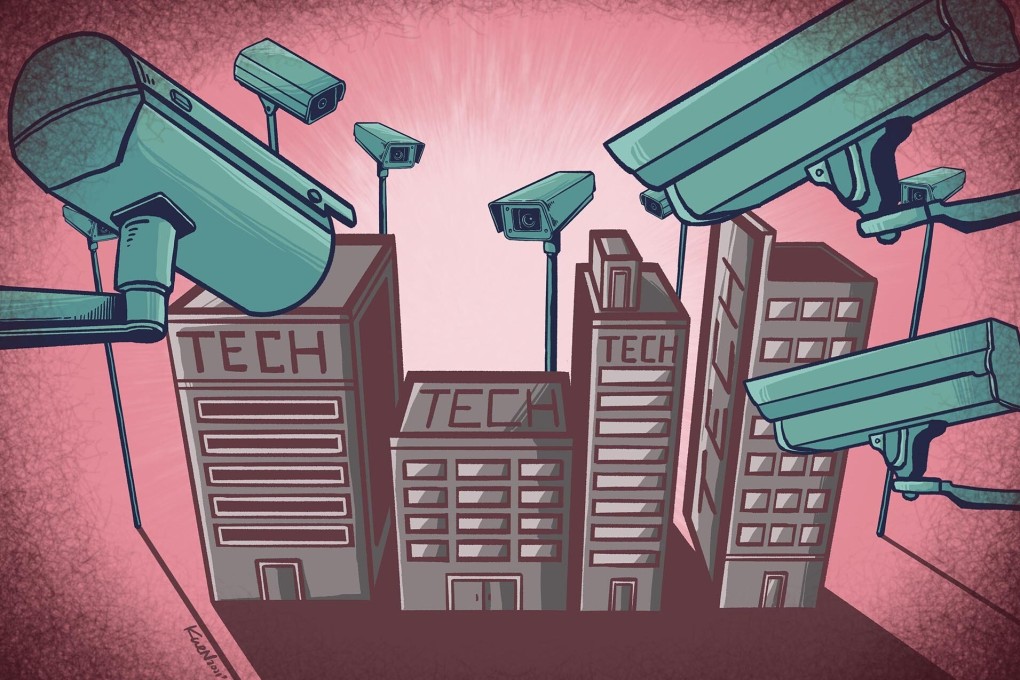China’s Big Tech faces wake-up call as country’s web of data protection laws becomes more elaborate
- A cybersecurity review into ride-hailing firm Didi kicked off a new era in China that prioritises data security over unfettered growth for tech companies
- Regulators in Beijing are cracking down on overseas listings, fearful that US data disclosure rules could compromise national security

By the time the CAC was created in 2011, the path for Chinese firms to sell shares in places like Hong Kong and New York was already a well-trodden route for lawyers and investment bankers. Like other administrative bodies in China, the CAC can offer suggestions to businesses, but it is not a legally binding gatekeeper of initial public offerings (IPOs).

07:30
Why China is tightening control over cybersecurity
In a further move, the cyberspace watchdog on Saturday announced a new draft proposal that would require Chinese tech firms with more than 1 million users to undergo a cybersecurity review before being allowed to list on foreign exchanges.
The web of cybersecurity regulations that ensnared Didi has been in the works for nearly two decades, according to Henry Gao, associate professor of law at Singapore Management University.
